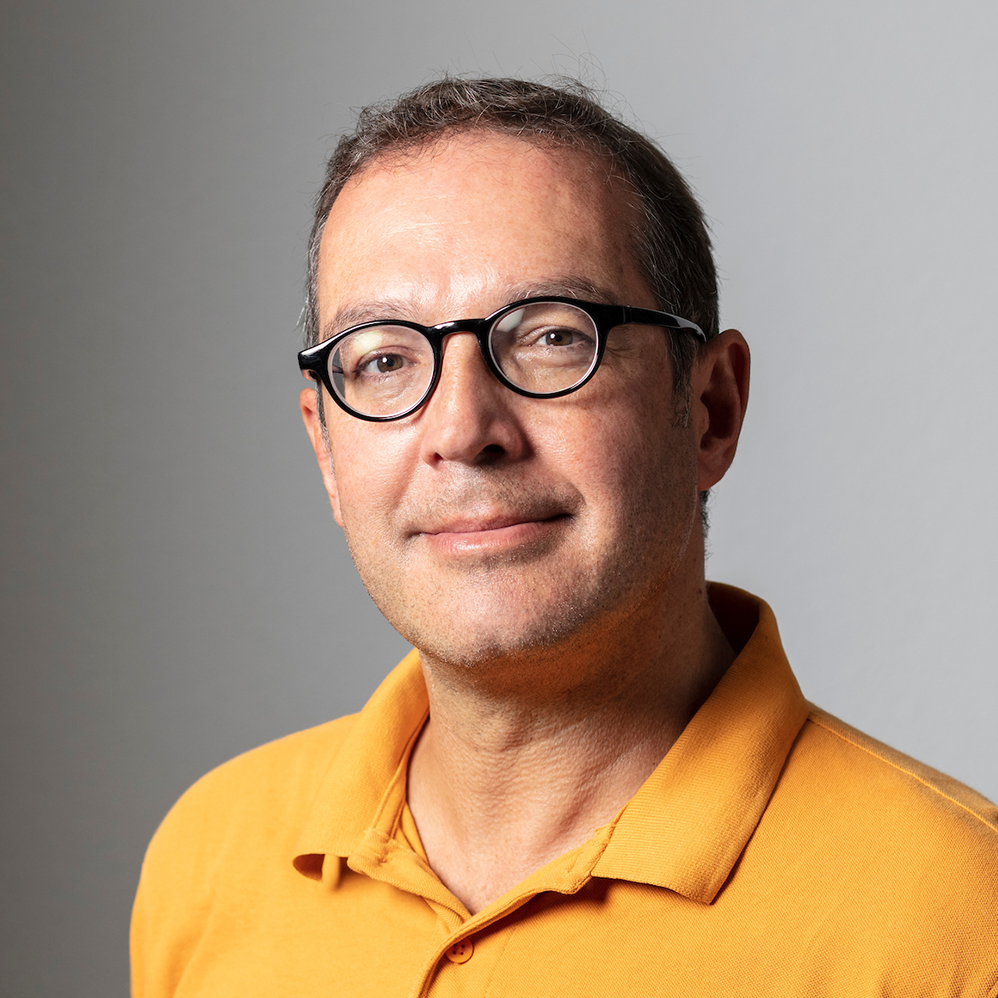
Swiss city set to launch elderly care “bank”

St Gallen may become the first Swiss city to introduce a novel banking scheme in which retired care volunteers “deposit” hours worked looking after elderly people.
In return they can use any time saved up for their own care provision later in life. The St Gallen government hopes the pilot project will lower social service costs and encourage local solidarity as it copes with a steadily ageing population.
Switzerland’s demographic time bomb continues to tick louder and louder. Whereas only one in ten residents were over 65 in 1960, five decades later the ratio is one in six.
The state pension system is also suffering from underdevelopment. According to the Federal Statistics Office, four actively employed people fund the state pension of one retired person. Forty years from now this share will fall to two employees.
The ageing population, especially those in need of special care, represents a major challenge for local authorities.
“We need to bring the village mentality to the city and return to the days when people took more care of those around them, whether they are family, friends or neighbours,” Katja Meierhans, who is leading the pilot project devised by St Gallen and the Federal Social Insurance Office, told swissinfo.ch.
Under the proposed scheme, a retired person in good health who has time on their hands can provide care and support for elderly locals in need. Every hour worked is recorded as a “deposit” on a special personal account, which can later be used to pay for care workers’ time when the volunteer in turn needs assistance.
The idea for the project emerged as a result of the new situation facing many local authorities.
“We haven’t noticed a reduction of solidarity in Switzerland. But it’s more about greater individual mobility and new family structures; family ties and networks are not as resistant as in the past. It’s therefore important to look for help from outside the family circle,” explained Ludwig Gartner, deputy director of the insurance office.
Demographic change means that more and more people need help even if it appears that older people remain healthy longer.
Experience
St Gallen is located in northeastern Switzerland, close to the German border. With a population of 72,522, the city was chosen by the federal authorities for the pilot project due to its previous experience of voluntary schemes.
Since 2008 the canton has been offering a similar time scheme run by the local branch of the Swiss Red Cross in which people can exchange assistance.
The new project is not intended to create competition with existing activities for the elderly like nursing homes or mobile services, however.
“The biggest need for the elderly is help with day-to-day things like shopping, administrative tasks and cleaning,” said Meierhans.
Independence
The main goal is to help elderly people live longer independently in their own homes.
“After all, a job in a nursing home is a lot more expensive for the social services and less satisfactory for an elderly person,” she added. “The scheme can also combat loneliness and bring people together, strengthening solidarity.”
Some 12,000 people over 65 live in St Gallen and the programme’s success will ultimately depend on their level of participation.
The organisers hope that 300 people will sign up to provide 2-3 hours of care per week over a 42-week period, adding up to a total of 25,000 hours of work.
“If this is reached we will be delighted,” said Meierhans. The maximum amount that can be “deposited” by each volunteer will be 750 hours.
Restoring structure
Although it is a voluntary project, it will not be cost free. The St Gallen authorities have proposed creating a foundation with a SFr150,000 annual budget to finance an internet site to allow volunteers to contact those needing help, as well as to cover administrative and training costs.
The money will also serve as a guarantee if the project fails, to compensate volunteers for any hours they have accumulated.
The St Gallen city authorities still need to give the final rubberstamp this spring. All being well the project will then begin in summer.
“We believe it’s a very good proposal. It’s a way of using available resources in society and restoring social structures that have weakened over time,” said Thomas Diener, director of Pro Senectute, the largest professional organisation for the elderly.
“Retired people increasingly realise that they don’t want to waste time, even on themselves, but prefer to do something that gives meaning to their lives. These are people who are financially secure, but who are seeking to be active. It’s not just altruism, but the pursuit of happiness through helping others.”
More than 75% of elderly people in Swiss care homes have health problems, with almost two out of five suffering from dementia.
The Federal Statistics Office found that 67% had great difficulty in performing daily tasks such as eating and getting dressed. The results were part of a 2010 report on the state of health and living conditions of old people living in institutions.
It found that 77% had a health problem of more than six months’ duration, with 39% suffering from dementia and 26% from depression. Other health issues included heart and blood pressure problems, diabetes and rheumatism. The average age of those surveyed was 83 years old.
The report also found that care home residents had fairly regular calls or visits from friends and family. Some 55% were visited at least once a week, with 12% having daily visits. Only 2% had no contact with the outside world at all.
The ageing of the Swiss population continues from year to year. On the one hand, the share of people 65 or older rose to 16.9% in 2010 – or 1.3 million people out of the total population of 7.9 million.
On the other, the share of the population under age 20 continued to fall (from 21.2% to 21.0%).
In 1900, there were 76 young people (under age 20) and 10 people 65 or older for every 100 people of working age (ages 20–64). This ratio has changed significantly: in 2010, there were only 34 young people and 27 people 65 or older for every 100 of working age.
Thus, the old-age dependency ratio has almost tripled while the youth dependency ratio has halved. This link between generations is especially influenced by the ageing of the population; this trend is caused by falling birth rates coupled with a steadily increasing life expectancy.
As a result of the higher life expectancy, the number of elderly people is rising. For women life expectancy rose from 48.9 years in 1900 to 84.5 in 2010 and for men it rose from 46.2 to 80.1.
But the number of people under age 20 is decreasing: 1,636,125 in 2009 against 1,703,750 in 1960.
(Translated from Portuguese by Simon Bradley)

In compliance with the JTI standards
More: SWI swissinfo.ch certified by the Journalism Trust Initiative





























You can find an overview of ongoing debates with our journalists here . Please join us!
If you want to start a conversation about a topic raised in this article or want to report factual errors, email us at english@swissinfo.ch.